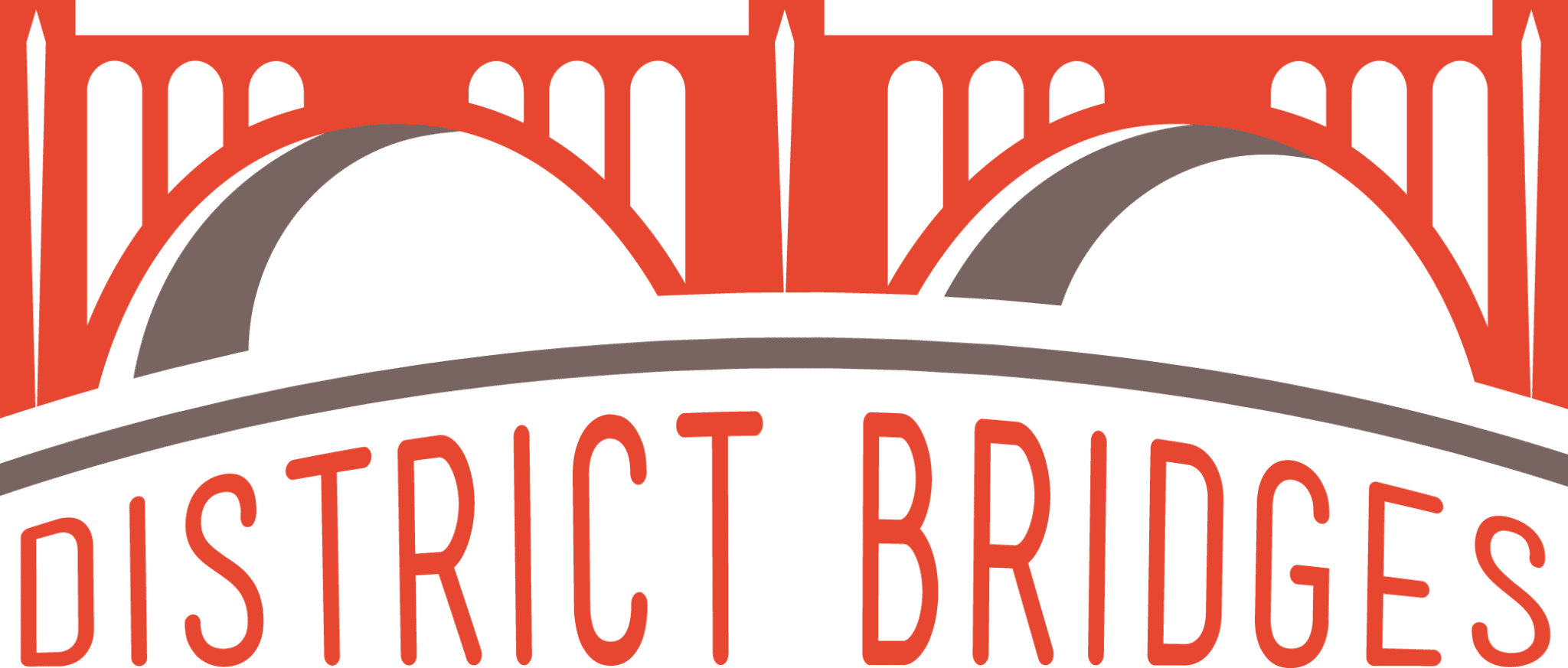
Even before the pandemic, small business owners were amongst the hardest workers in the District. Most work every day, all day to keep their doors open, employees paid, and customers happy. Many who are immigrants are also supporting family overseas. Time is precious and most of it is focused on operational necessities. There is little time to step back and look at the bigger picture and navigate DC bureaucracy when a crisis hits.
Helping bring small business concerns to the policy arena is where the Lower Georgia Ave Main Street (LGAMS) can make a difference. Because we work closely with individual businesses from a variety of industries, backgrounds and tenures, we are able to recognize patterns in obstacles and opportunities that characterize the District’s small business ecosystem.
Helping a grocery store unexpectedly hit with a $60,000 property tax bill
We worked with a grocery store that was hit with a $60,000 property tax bill (nearly four times the expected bill) when inaccurately classified as being vacant during construction.
We were able to engage the Ward 1 Community Liaison from the Mayor’s Office of Community Relations and Services as well as Ward 1 Councilmember staff and ANC1A Commissioners to identify the correct DC Department of Consumer and Regulatory Affairs personnel to address the concern. Despite providing all necessary paperwork, this effort took nearly a year of joint effort to resolve. LGAMS was able to provide the information, support, and guidance at no cost to the grocery store and at a significant savings. LGAMS is also working to revise current guidance on allowed waivers and time limits for vacancy designation, which is likely to become an even more pressing issue as businesses face bankruptcy in the current crisis.
When Activating A Patio Turns Complicated
Another business sought to activate its front patio, which would greatly increase the number of people served as well as create an outdoor amenity that would attract more customers.
Despite being on private property, DCRA requires the business obtain a special permit—but there isn’t written step-by-step guidance provided to businesses to understand what is needed.
The business owner is not a native English speaker, which made the verbal directions even more difficult to understand. Then, DCRA determined that his current Certificate of Occupancy—which had been in place for over eight years—was not valid. That meant the business was not only unlikely to open its patio, it was faced with its business possibly being closed completely.
LGAMS worked side by side with the business owner to secure an updated Certificate of Occupancy and permission to finally serve customers in a lovely outdoor setting. LGAMS is now working to examine the outdoor activation permit process, including seeking waivers of rental fees for underutilized spaces due to public health restrictions impacting restaurants
Advocating For A Fairer Property Tax Assessment Process
In a third case, LGAMS provided testimony in support of property tax abatement for a neighborhood business that was facing an existential threat from sharply increasing property taxes.
This experience made it clear that DC’s property tax assessment process of valuations based on “Highest & Best Use” instead of “Current Use” will soon make it unaffordable for small businesses remain in place, potentially leading to widespread displacement. LGAMS joined pre-pandemic efforts to work on legislation that would examine DC’s property tax assessment process as a way of preserving small businesses in DC for years to come.
Jennifer Kuiper
Often when people hear the term ‘Main Street’, they think about business corridors. But many people do not think about the stress and loneliness that many business owners experience while navigating the hurdles of entrepreneurship and running a business—especially during an unprecedented pandemic. Main Street programs all over the country work to make sure that business owners have an advocate and support system so that your favorite local coffee shop or tailor can keep their doors open. Help us continue doing our work by chipping in $10, $100, $1,000 by visiting districtbridges.org/donate.
